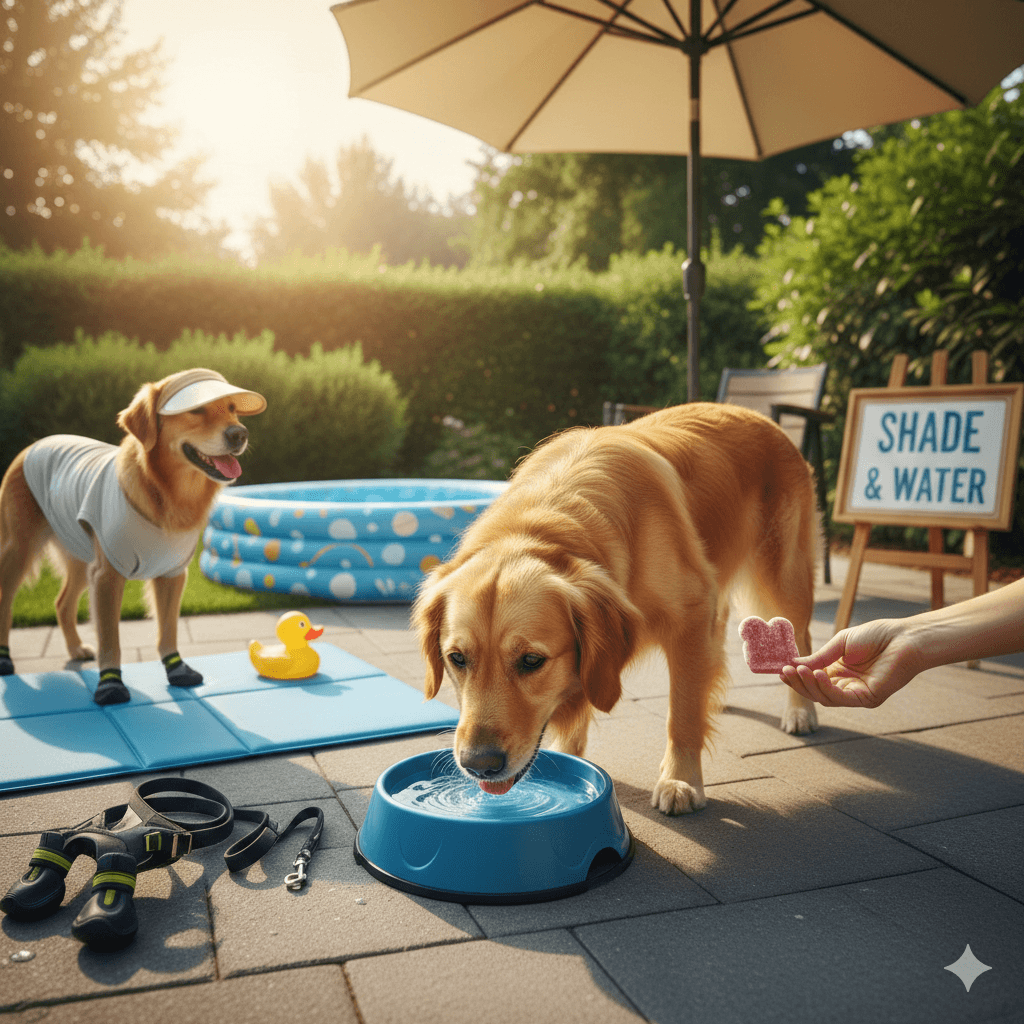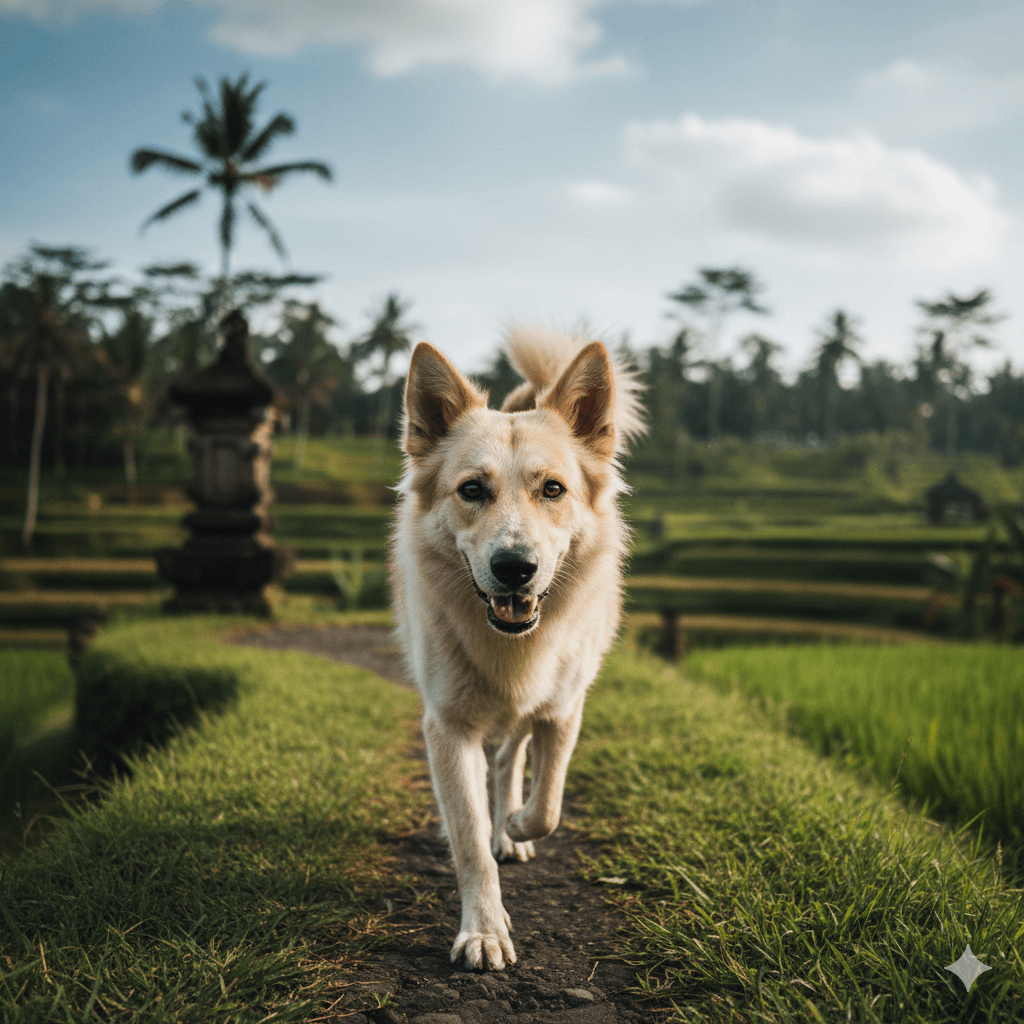Cat Not Eating 3 Days After Surgery: What You Need to Know
It’s natural for cat owners to feel concerned when their feline friend isn’t eating after surgery. While some appetite loss is common during recovery, a lack of interest in food for more than 48-72 hours can be a red flag. Understanding the reasons behind this behavior and knowing how to respond can make all the difference in your cat’s healing process. In this article, we’ll explore why cats may refuse food after surgery, what steps you can take to encourage eating, and when it’s time to seek veterinary help. Let’s ensure your beloved pet gets back on track to full health.
Common Reasons Cats Stop Eating After Surgery
There are several reasons why your cat might not be eating three days after surgery. Identifying the underlying cause can help you address the issue effectively.
Pain or Discomfort:
Post-surgical pain can make eating uncomfortable or unappealing for your cat. Even mild discomfort may discourage them from eating.Medication Side Effects:
Some medications prescribed after surgery can cause nausea or a reduced appetite as side effects.Stress and Anxiety:
The unfamiliar environment of a vet clinic or changes at home can leave your cat feeling stressed, which often impacts their desire to eat.Digestive Upset:
Anesthesia and fasting before surgery can disrupt your cat’s digestive system, leading to temporary appetite loss.Infection or Complications:
In rare cases, post-surgical infections or complications may suppress your cat’s appetite as their body works to heal.
Understanding these potential causes allows you to better support your cat during their recovery journey.
Signs Your Cat Needs Immediate Veterinary Attention
While some appetite loss is normal after surgery, certain symptoms indicate that your cat needs urgent care. Watch for these warning signs to ensure your pet’s safety.
Lethargy or Weakness:
If your cat seems unusually tired, unresponsive, or unable to move normally, it could signal a serious issue.Vomiting or Diarrhea:
Persistent vomiting or diarrhea can lead to dehydration and requires immediate attention.Swelling or Redness Around the Incision Site:
Signs of infection, such as swelling, discharge, or redness, should never be ignored.Refusal to Drink Water:
Dehydration can quickly become life-threatening, so monitor your cat’s water intake closely.Labored Breathing or Panting:
Difficulty breathing or excessive panting may indicate complications related to anesthesia or other health concerns.
If you notice any of these symptoms, contact your veterinarian immediately to rule out serious problems.
Check this guide 👉Why Is My Cat Not Eating Food But Eating Treats? Best 7 Tips
Check this guide 👉Why Is My Cat Not Eating After Vaccination? Best 7 Tips!
Check this guide 👉My New Cat Is Hiding and Not Eating: Best 7 Expert Tips!

Ways to Encourage Eating | Foods to Offer During Recovery |
|---|---|
Warm up food slightly to enhance aroma | High-quality wet cat food |
Hand-feed small portions to build trust | Plain boiled chicken (no seasoning) |
Create a quiet, stress-free eating area | Baby food (meat-based, no onion/garlic) |
Offer treats they love as motivation | Prescription recovery diets (if advised) |
Stick to familiar foods initially | Hydrating broths (low-sodium) |
Steps to Encourage Your Cat to Eat Again
Getting your cat to eat after surgery requires patience and creativity. Here are some actionable steps to help stimulate their appetite.
Offer Smaller, More Frequent Meals:
Instead of one large meal, try offering smaller portions throughout the day to avoid overwhelming your cat.Use Strong-Smelling Foods:
Cats rely heavily on smell to determine what’s appetizing. Warming food slightly can release enticing aromas.Minimize Distractions:
Serve meals in a quiet, calm space away from loud noises or other pets to reduce stress.Experiment with Different Textures:
Some cats prefer soft, moist foods over dry kibble during recovery. Test various textures to see what appeals most.Stay Calm and Patient:
Your cat can sense your emotions. Remaining calm and encouraging helps create a positive association with eating.
These strategies can gently coax your cat back into a healthy eating routine.
How to Monitor Your Cat’s Recovery Progress
Keeping a close eye on your cat’s overall condition is essential for ensuring a smooth recovery. Regular monitoring helps you catch potential issues early.
Track Food and Water Intake:
Keep a log of how much your cat eats and drinks daily to identify trends or sudden declines.Observe Energy Levels:
Note whether your cat is gradually regaining energy or remaining unusually lethargic.Check the Incision Site Daily:
Look for signs of infection, such as redness, swelling, or discharge, and report anything unusual to your vet.Monitor Bathroom Habits:
Pay attention to litter box activity to ensure regular urination and bowel movements.Watch for Behavioral Changes:
Sudden aggression, hiding, or vocalization may indicate pain or discomfort requiring professional evaluation.
Consistent observation ensures that your cat recovers safely and comfortably.
Common Mistakes to Avoid
When caring for a cat not eating after surgery, avoiding common mistakes can make a significant difference in their recovery.
Forcing Food Too Soon:
Pushing your cat to eat before they’re ready can increase stress and resistance to food.Ignoring Pain Management:
Undiagnosed or untreated pain can suppress appetite. Ensure your cat is receiving adequate pain relief.Overlooking Hydration Needs:
Focus solely on solid food while neglecting water intake can lead to dehydration.Changing Too Many Things at Once:
Introducing new foods, routines, and environments simultaneously can overwhelm your cat.Delaying Vet Visits:
Waiting too long to consult your vet can worsen minor issues into major complications.
Avoiding these errors ensures a smoother recovery process for your cat.
Tips for Reducing Stress During Recovery
Reducing stress plays a key role in helping your cat regain their appetite and heal faster. These tips can create a calming environment.
Provide a Cozy Space:
Set up a warm, quiet area where your cat feels safe and secure.Limit Interactions with Other Pets:
Temporarily separate your recovering cat from other animals to prevent competition or territorial disputes.Maintain a Routine:
Stick to your usual feeding and play schedule to provide a sense of normalcy.Use Calming Products:
Consider pheromone diffusers or sprays designed to soothe anxious cats.Spend Quality Time Together:
Gentle petting or sitting nearby reassures your cat without being intrusive.
A stress-free environment promotes faster healing and improves appetite.
When to Transition Back to Normal Food
Once your cat starts eating again, transitioning back to their regular diet should be done carefully to avoid upsetting their stomach.
Gradual Transition Over Several Days:
Mix increasing amounts of their regular food with recovery-friendly options to ease the switch.Monitor Digestive Health:
Watch for signs of upset stomach, such as vomiting or diarrhea, during the transition.Avoid Sudden Changes:
Abruptly switching foods can shock your cat’s digestive system and reverse progress.Consult Your Vet First:
Always confirm with your veterinarian before making dietary changes.Celebrate Small Wins:
Acknowledge each step forward, as every improvement brings your cat closer to full recovery.
By following these guidelines, you can ensure a seamless return to your cat’s normal eating habits.
Frequently Asked Questions About Cats Not Eating After Surgery
Is it normal for my cat to skip meals after surgery?
Yes, mild appetite loss is common, but prolonged refusal to eat (more than 48-72 hours) warrants concern.
What if my cat won’t eat wet food?
Try alternative options like plain cooked chicken, baby food, or prescription recovery diets recommended by your vet.
Can I force-feed my cat?
Avoid force-feeding, as it can cause stress or injury. Consult your vet for guidance instead.
How long can a cat go without eating after surgery?
Cats should not go more than 3-4 days without eating, as this increases the risk of hepatic lipidosis (fatty liver disease).
Should I stop giving medication if my cat isn’t eating?
Never stop prescribed medications without consulting your veterinarian, even if your cat has lost their appetite.
Supporting Your Cat Through Recovery
Helping your cat recover after surgery requires attentiveness, patience, and a proactive approach. By understanding the reasons behind their lack of appetite, taking steps to encourage eating, and monitoring their overall well-being, you play a vital role in their healing process. Remember, your veterinarian is always there to guide you through challenges and ensure your cat receives the best care possible. With time, love, and proper support, your feline companion will soon return to their playful, healthy self.
Keeping Your Dog Safe This Summer: Best 7 Expert Tips! – Learn how to protect your pup from heatstroke, dehydration, and more this summer. Stay safe!
When Was Cat Food Invented? Best 7 Expert Tips! – Discover the history, key milestones, and evolution of cat food from scraps to scientifically balanced diets.
When Was Dog Food Invented? Best 7 Expert Tips! – Discover the origins, evolution, and milestones of dog food, and how it transformed pet nutrition over time.
Kintamani Dutch Shepherd Mix: Best 7 Expert Tips! – Discover the perfect blend of loyalty, agility, and charm with this unique hybrid. Learn expert care tips now!





